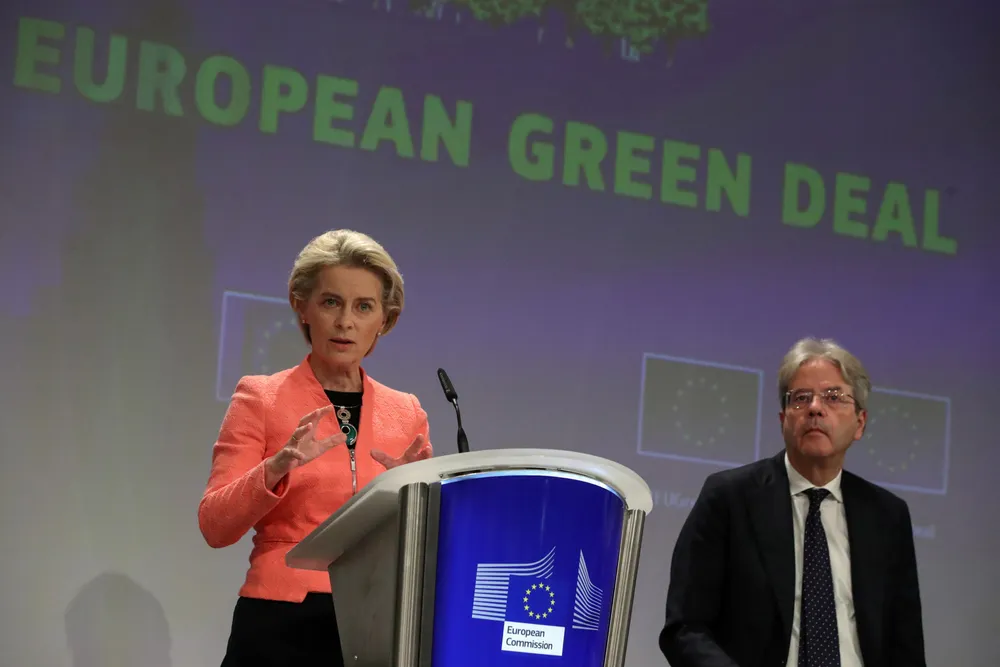Fossil fuel economy has 'reached its limits': European Commission
The Commission unveiled proposals to transform the EU economy to meet climate ambitions, include removing historic tax incentives for oil and gas projects and boosting renewables

The Commission unveiled proposals to transform the EU economy to meet climate ambitions, include removing historic tax incentives for oil and gas projects and boosting renewables
